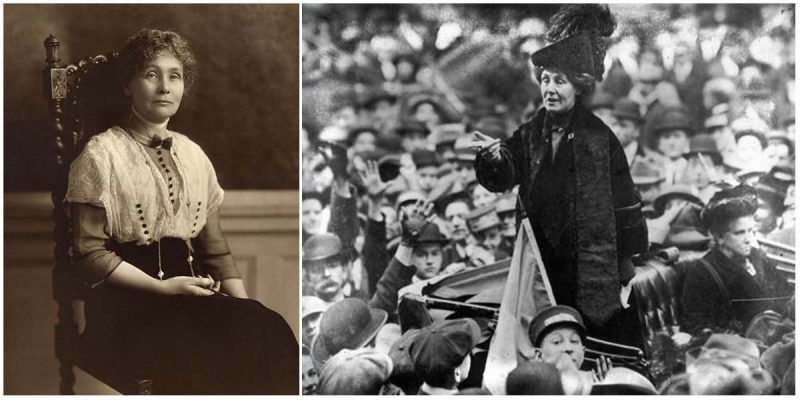Emmeline Pankhurst was born in Moss Side, Manchester, in England in 1858. She was born into a family with a tradition of radical politics.
Emmeline’s mother was a passionate feminist and started taking her daughter to women’s suffrage meetings in the early 1870s.
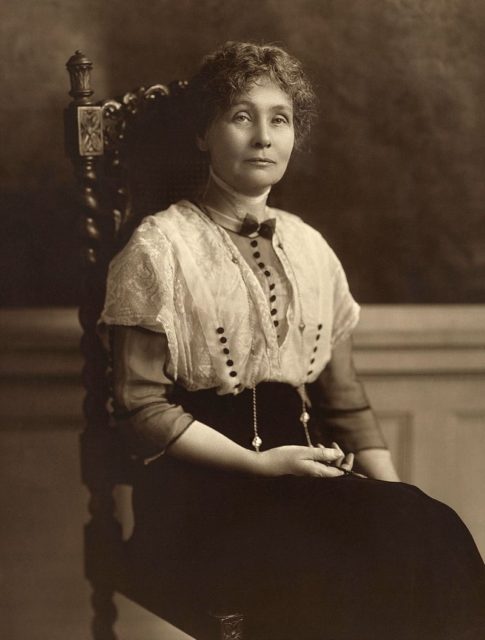
Her father, Robert Goulden took part in the campaigns against slavery and the Corn Laws.
In 1879, she married Richard Pankhurst, a lawyer and supporter of the women’s suffrage movement.
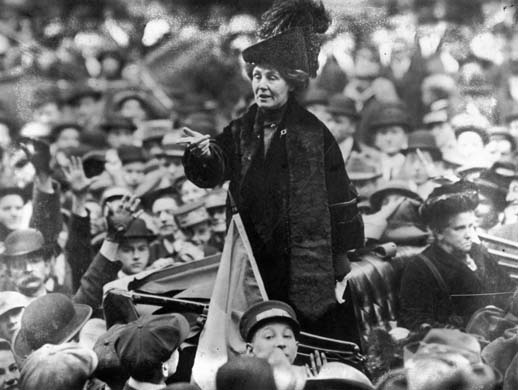
Emmeline became a political activist and leader of the British suffragette movement, which helped women win the right to vote. In 1903, when her husband Richard died, she founded the Women’s Social and Political Union, an all-women suffrage advocacy organization dedicated to “deeds, not words”.
The group became known for physical confrontations, smashing windows and assaulted police officers.

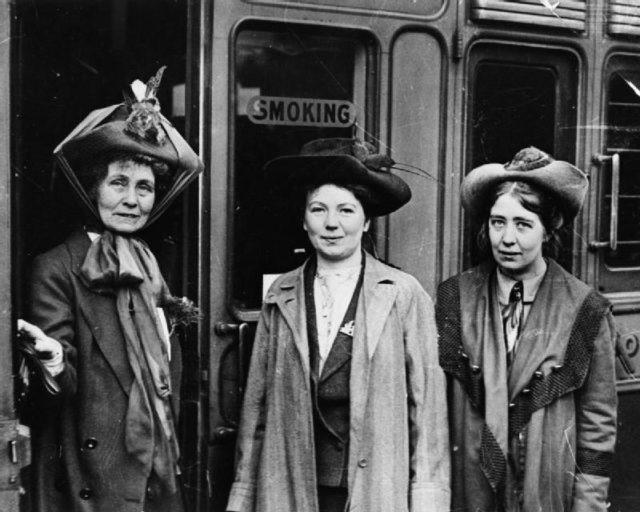
Emmeline was arrested on numerous occasions over the next few years and went on hunger strike. In one eighteen month period, she endured a total of ten hunger-strikes.
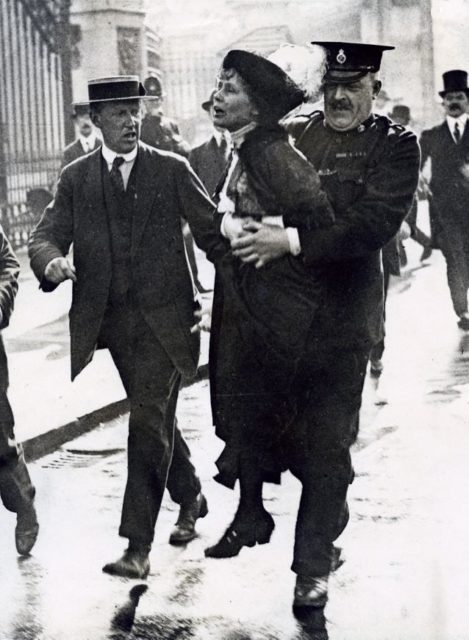
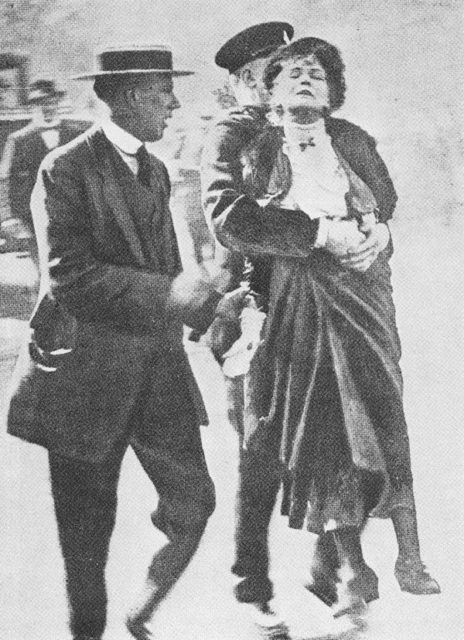
In October 1908, she was arrested and charged with publishing an inflammatory handbill.
Her actions inspired many other women to follow her example of committing acts of civil disobedience.
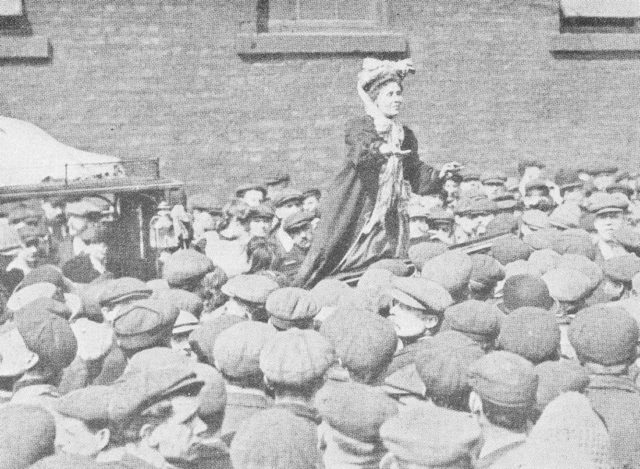
Pankhurst died on Thursday 14 June in 1928, shortly before women were given full voting rights. The years of touring, lectures, imprisonment, and hunger strikes had taken their toll.
As her health went downhill, she moved into a nursing home in Hampstead. She died at age of 69 and she was interred in Brompton Cemetery in London.
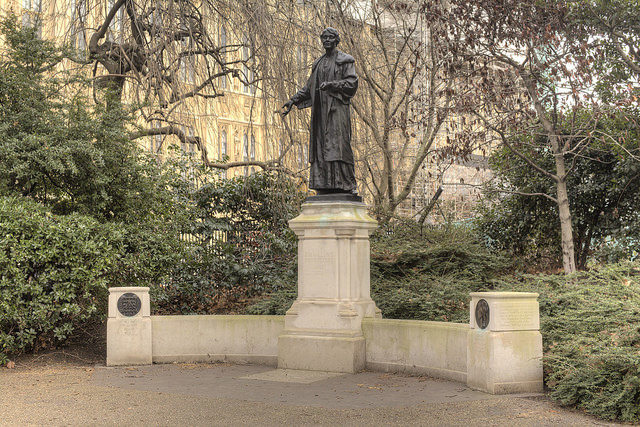
In 1999, Pankhurst was named as one of the 100 Most Important People of the 20th Century by the Time newspaper.
She shaped an idea of women for that time and she shook society into a new pattern from which there could be no going back.
